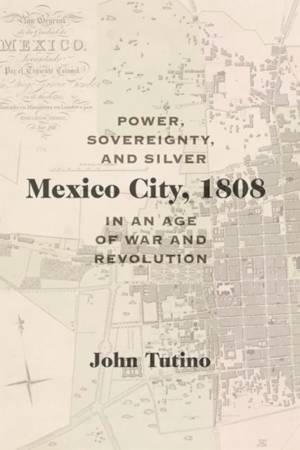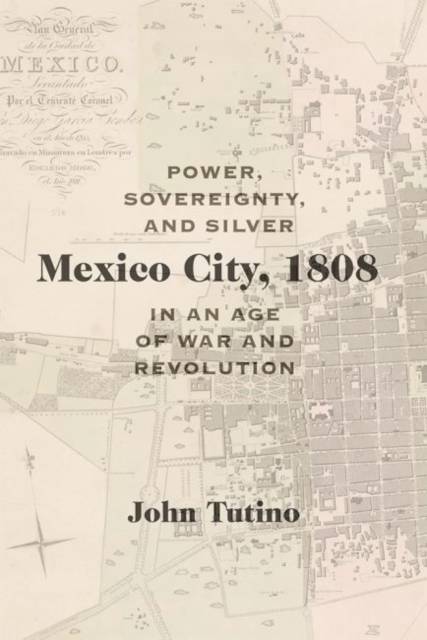
- Retrait gratuit dans votre magasin Club
- 7.000.000 titres dans notre catalogue
- Payer en toute sécurité
- Toujours un magasin près de chez vous
- Retrait gratuit dans votre magasin Club
- 7.000.0000 titres dans notre catalogue
- Payer en toute sécurité
- Toujours un magasin près de chez vous
Description
In 1800 Mexico City was the largest, richest, most powerful city in the Americas, its vibrant silver economy an engine of world trade. Then Napoleon invaded Spain in 1808, desperate to gain New Spain's silver. He broke Spain's monarchy, setting off a summer of ferment in Mexico City. People took to the streets, dreaming of an absent king, seeking popular sovereignty, and imagining that the wealth of silver should serve New Spain and its people--until a military coup closed public debate. Political ferment continued while drought and famine stalked the land. Together they fueled the political and popular risings that exploded north of the capital in 1810.
Tutino offers a new vision of the political violence and social conflicts that led to the fall of silver capitalism and Mexican independence in 1821. People demanding rights faced military defenders of power and privilege--the legacy of 1808 that shaped Mexican history.
Spécifications
Parties prenantes
- Auteur(s) :
- Editeur:
Contenu
- Nombre de pages :
- 320
- Langue:
- Anglais
- Collection :
Caractéristiques
- EAN:
- 9780826360014
- Date de parution :
- 01-10-18
- Format:
- Livre broché
- Format numérique:
- Trade paperback (VS)
- Dimensions :
- 199 mm x 234 mm
- Poids :
- 535 g

Les avis
Nous publions uniquement les avis qui respectent les conditions requises. Consultez nos conditions pour les avis.






